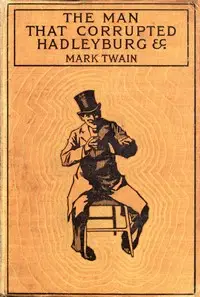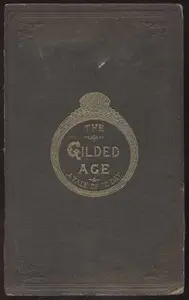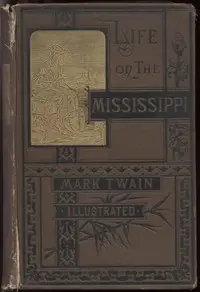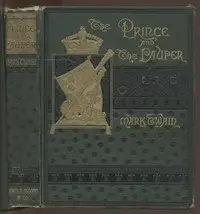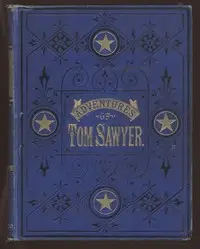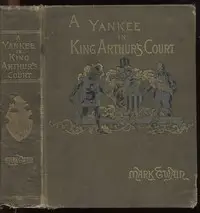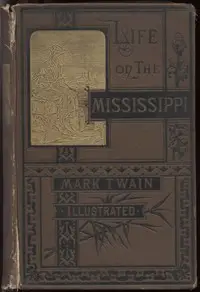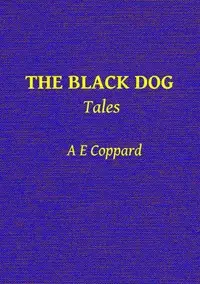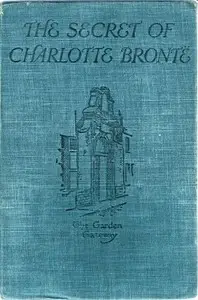"The Man That Corrupted Hadleyburg" by Mark Twain is a story that uses humor to show how a town famous for its honesty falls apart when faced with a test of their values. Set in Hadleyburg, a place that prides itself on being the most morally upright in America, the story looks at themes of right and wrong and how people act when tempted. The arrival of a mysterious stranger with a bag of gold meant to reward the town's good nature quickly reveals that the people of Hadleyburg may not be as honest as they think they are. As people try to claim the reward, their true colors begin to show, and the story examines the idea that everyone has a price and what happens when greed takes over, told in a way that makes you laugh but also makes you think.
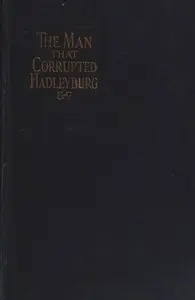
The Man That Corrupted Hadleyburg
By Mark Twain
A town celebrated for its honesty faces an unexpected test, revealing the surprising ease with which pride and the lure of wealth can turn integrity into a distant memory.
Summary
About the AuthorSamuel Langhorne Clemens, known by the pen name Mark Twain, was an American writer, humorist, and essayist. He was praised as the "greatest humorist the United States has produced," with William Faulkner calling him "the father of American literature." Twain's novels include The Adventures of Tom Sawyer (1876) and its sequel, Adventures of Huckleberry Finn (1884), with the latter often called the "Great American Novel." He also wrote A Connecticut Yankee in King Arthur's Court (1889) and Pudd'nhead Wilson (1894) and cowrote The Gilded Age: A Tale of Today (1873) with Charles Dudley Warner.
Samuel Langhorne Clemens, known by the pen name Mark Twain, was an American writer, humorist, and essayist. He was praised as the "greatest humorist the United States has produced," with William Faulkner calling him "the father of American literature." Twain's novels include The Adventures of Tom Sawyer (1876) and its sequel, Adventures of Huckleberry Finn (1884), with the latter often called the "Great American Novel." He also wrote A Connecticut Yankee in King Arthur's Court (1889) and Pudd'nhead Wilson (1894) and cowrote The Gilded Age: A Tale of Today (1873) with Charles Dudley Warner.


